
Oh no! What if your student hates math? I remember those days. Throughout elementary school, I regularly wetted math worksheets with my tears. In middle school, I began to lash out in anger when I missed problems. My behavior exposed a deep insecurity and frustration around math, something I struggled with until I was 16.
Thankfully, you do not need to wait until your child has nearly graduated high school to deal with the roots of math-induced stress (please don’t!). Here are five questions you can ask yourself to better understand where your child’s math hesitancy is coming from.
- Am I Forcing My Student to Think Abstractly Before they Are Ready?
Most grammar stage children have not yet developed the capacity for abstract thinking. So it is important to teach math concepts in a concrete way. Your youngest students need to see, touch, feel, and sometimes even taste math in order to understand it. To a five year old, 5 + 5 = 10 might not make sense. However, if he has 5 chocolate chips on the table, plus 5 chocolate chips on a plate, which add up to 10 chocolate chips that he can put in his belly – that is a lot easier to digest!
By the time students are nine or ten (moving into the logic stage), they can start to do math in their minds. However, if your child is struggling with abstract thinking, don’t force it. Kids develop at different paces and he may just need a bit more time to grow.
You can encourage children to begin thinking abstractly by gradually replacing physical objects with their imagination. For example, challenge your child to imagine the chocolate chips in his head, versus having them on the table.
- Does My Student Have Their Basic Math Facts Down Pat?
Once grammar students have a concrete understanding of basic math concepts, it is a good idea to help them memorize math facts. By drilling addition, subtraction, multiplication, and division facts, you provide your student with a foundation he can use throughout his life. As he gets older, he will be able to complete complex math with increased speed, accuracy, and confidence. The great part is, young kids usually won’t resist drilling (especially if you find a way to make it a game; see ideas below). Grammar stage students have brains that are ripe and ready to memorize things.
If your logic or rhetoric student hates math, she may have a gaping hole in her basic arithmetic knowledge. At 16, I still didn’t know my multiplication tables. I often missed long difficult problems due to simple arithmetic errors. Eventually, I became determined to change course. I wanted to do well on the math portion of my college entrance exam, the SAT. So what did I do? I went back and drilled my basic math facts – yes, at 16. Honestly, returning to the basics was the best choice I ever made. Not only did I get a decent score on my SAT, I ended up developing a fascination with statistics and astrophysics, two subjects that I would have run from had I not overcome my fear of mathematics.
- Does My Student Have Access to Multiple Explanations?
Whatever math concept your child is struggling with, there is likely more than one way to explain it. Some explanations will click with your student, some won’t. Thanks to the internet, we now have a plethora of free math tutors and teachers at our fingertips!
In Rethinking School, Susan Wise Bauer recommends having students use the internet to find 3 different explanations for the same tricky concept. This exercise will reinforce your student’s research skills while also providing them with an explanation that works for them. Your student may discover a resource that they return to frequently for help. For example, I often benefit from the step-by-step visual instructions at purplemath.com, meanwhile my younger sister found a lot of help listening to videos from Khan Academy.
- Does My Student Know Something, Anything, That They Could Teach to Others?
When my mom was in 2nd grade she struggled with math. That is, until her teacher had the genius idea to ask her to help the younger kids. As my mom helped the 1st graders and kindergarteners, her own understanding of foundational math concepts improved. Soon, she was completing grade-level work with joy and confidence.
Teaching is one of the best ways to learn. If your struggling mathematician has younger siblings, have him help them with their work. If he does not have younger siblings, you can always play school and teach to a cooperative class of stuffed animals, action figures, or grandparents. By teaching something he has already mastered, he can overcome the false notion that he is “bad at math.”
- Have I Tried Adding a Spoonful of Sugar?
For some kids math is just hard. When your kid gets into a math rut, it may be helpful to change up the routine. As the great Mary Poppins once said, “a spoonful of sugar helps the medicine go down.” Kids learn in different ways and sometimes shaking up the method of instruction may be just what your child needs to get excited about math again. It is okay to take a break from a formal curriculum to get over a mental hump. Here are just a few ideas you could try:
- Play a game! One of my favorites is Math Ball. Hold a soft object or ball and shout out a simple math problem, like 5×5. Then throw the ball. Your student must shout out the answer before catching the ball.
- Ask kids to help you make up an activity or board game that teaches a math concept.
- Show kids how they can use math in the real world. For example, let them calculate how to double or halve their favorite cookie recipe. They can check their answers by how well the cookies turn out!
- Have your child create a fake budget for the household or a real budget to save up for their favorite toy.
Still have questions? Check out these articles from our resident math expert and curriculum writer, Kate Snow:
If your student struggles writing, check out other article in this series: Help! My Homeschool Student Hates Writing.
Recommended Products
-

Juneteenth Booklist & Activities
0 out of 5$0.00 Add to cart -
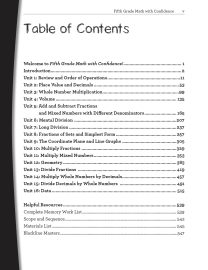
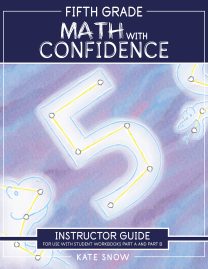
Fifth Grade Math with Confidence Instructor Guide
0 out of 5Starting at:$36.95Original price was: $36.95.$27.71Current price is: $27.71. Select options -
Sale!

Hansel & Gretel and Other Stories: Downloadable MP3
0 out of 5$12.95Original price was: $12.95.$9.71Current price is: $9.71. Add to cart -
Sale!

Dorothy and the Wizard in Oz: Downloadable MP3
0 out of 5$25.95Original price was: $25.95.$19.46Current price is: $19.46. Add to cart -
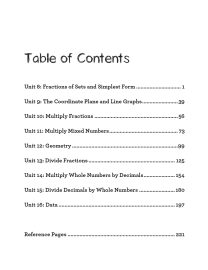 Sale!
Sale!
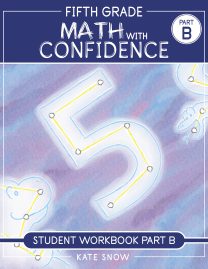
Fifth Grade Math with Confidence Student Workbook B
0 out of 5$16.46 – $21.56 Select options This product has multiple variants. The options may be chosen on the product page -
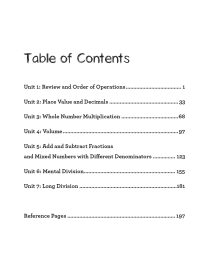 Sale!
Sale!
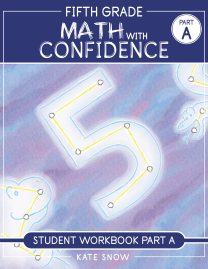
Fifth Grade Math with Confidence Student Workbook A
0 out of 5$16.46 – $21.56 Select options This product has multiple variants. The options may be chosen on the product page
ABOUT THE AUTHOR
Susanna Jarrett
Join over 100,000 homeschooling families
For the latest offers, educational insights, products and more.
By joining you agree to our privacy policy.









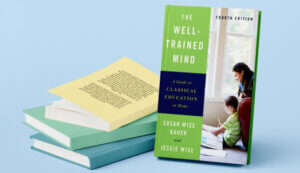

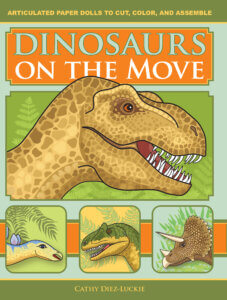



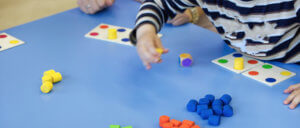

2 thoughts on “Help! My Homeschool Student Hates Math.”
Hellow my is Boaz and am from kenya, a father and husband. It is my great desire to teach my daughter using classical education but i dont know how and where to start in teaching her. Am also looking forward to starting a classical school in the future. What are your recommendations.
Please email [email protected] and our customer service team will be glad to help you!